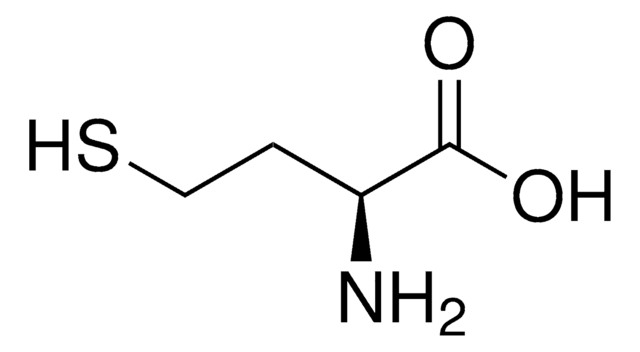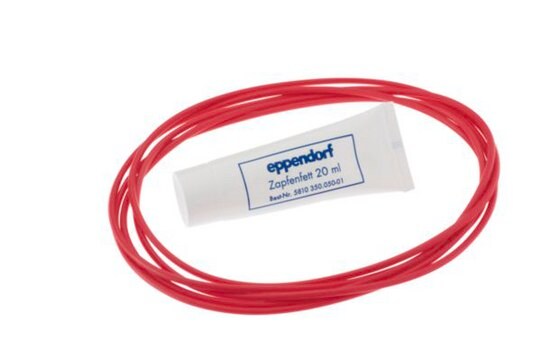MAK354
Homocysteine Assay Kit
sufficient for 100 fluorometric tests
Synonyme(s) :
Homocysteine Quantitation Kit
About This Item
Produits recommandés
Utilisation
sufficient for 100 fluorometric tests
Méthode de détection
fluorometric
Maladie(s) pertinente(s)
cardiovascular diseases
Description générale
Caractéristiques et avantages
Adéquation
Principe
Mention d'avertissement
Danger
Mentions de danger
Conseils de prudence
Classification des risques
Aquatic Chronic 3 - Eye Irrit. 2 - Met. Corr. 1 - Resp. Sens. 1 - Skin Irrit. 2
Code de la classe de stockage
8A - Combustible corrosive hazardous materials
Point d'éclair (°F)
Not applicable
Point d'éclair (°C)
Not applicable
Certificats d'analyse (COA)
Recherchez un Certificats d'analyse (COA) en saisissant le numéro de lot du produit. Les numéros de lot figurent sur l'étiquette du produit après les mots "Lot" ou "Batch".
Déjà en possession de ce produit ?
Retrouvez la documentation relative aux produits que vous avez récemment achetés dans la Bibliothèque de documents.
Notre équipe de scientifiques dispose d'une expérience dans tous les secteurs de la recherche, notamment en sciences de la vie, science des matériaux, synthèse chimique, chromatographie, analyse et dans de nombreux autres domaines..
Contacter notre Service technique








